The Museum is open daily from 10 a.m. to 5 p.m.
All parking in and around Balboa Park now requires payment. For more information, please refer to the City of San Diego website.
Virtual Resources
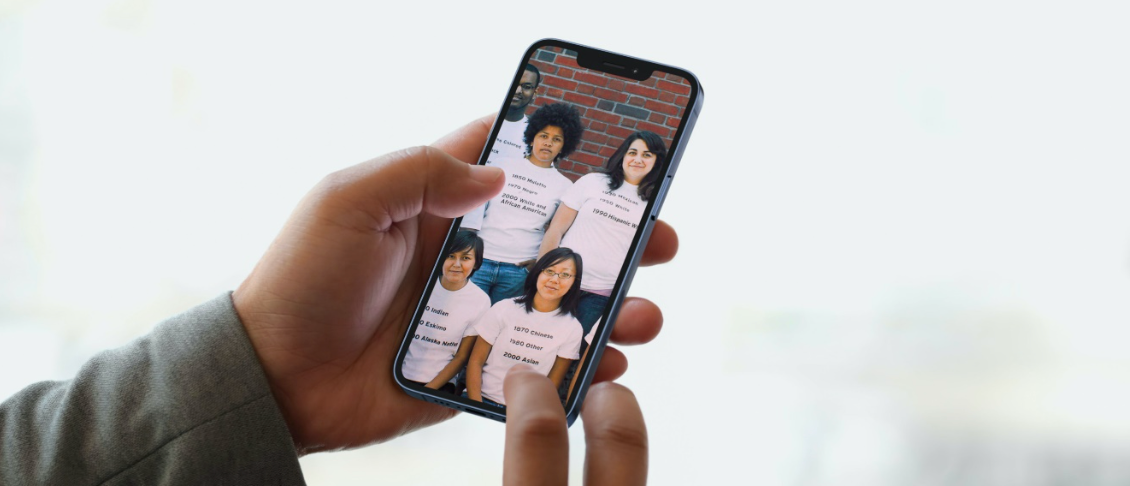
Your journey at the Museum of Us doesn’t begin or end within the Museum’s walls. In fact, you don’t even need to be in San Diego to experience the Museum!
Check out virtual exhibits, programs, and resources available for you to enjoy anywhere – free of charge.
Virtual Exhibits
Google Arts & Culture
Google Arts & Culture is a virtual platform that brings the world’s arts, and culture online through new technologies and curated exhibits with high-resolution images and videos.
Visit the Museum of Us Google Arts & Culture page for virtual exhibits on:
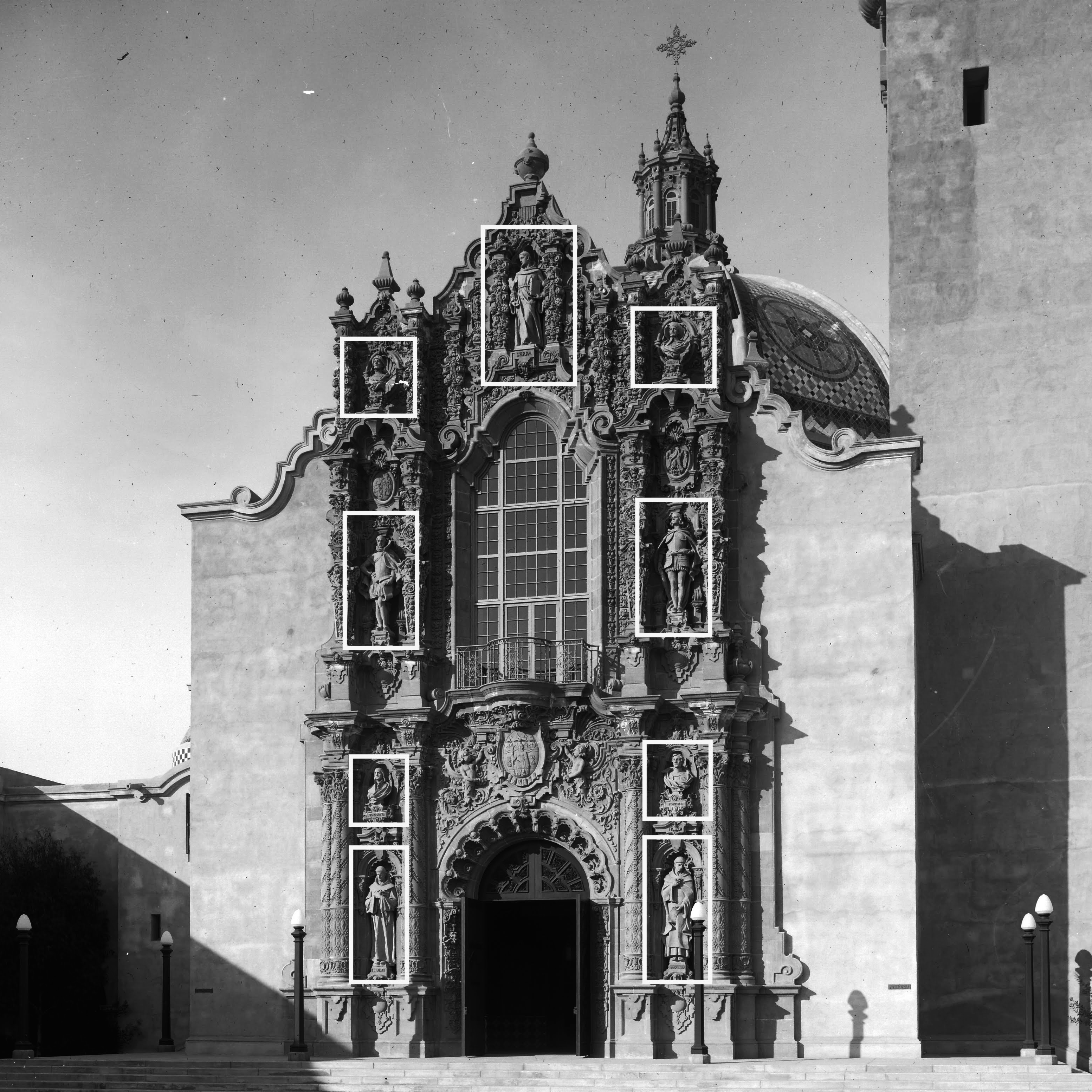
Colonial Legacy: the Museum’s Façade
Take a closer look at the façade of the California Building, where the Museum of Us operates. Its intricate and ornate decoration hides a complex history of colonization and violence.
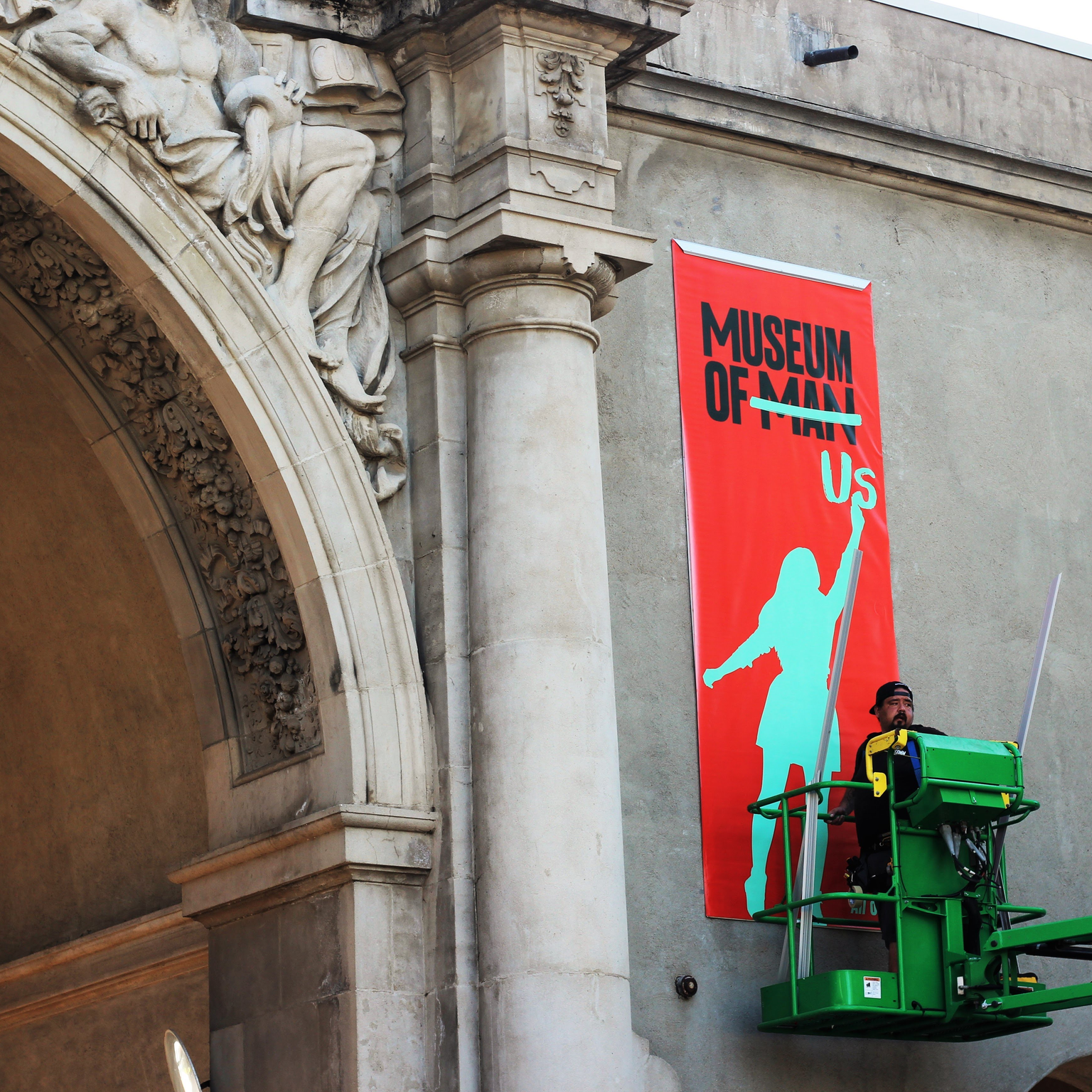
Evolve with “Us” on a virtual trip through time. Learn how the Museum of Us came to be, and what it represents today.
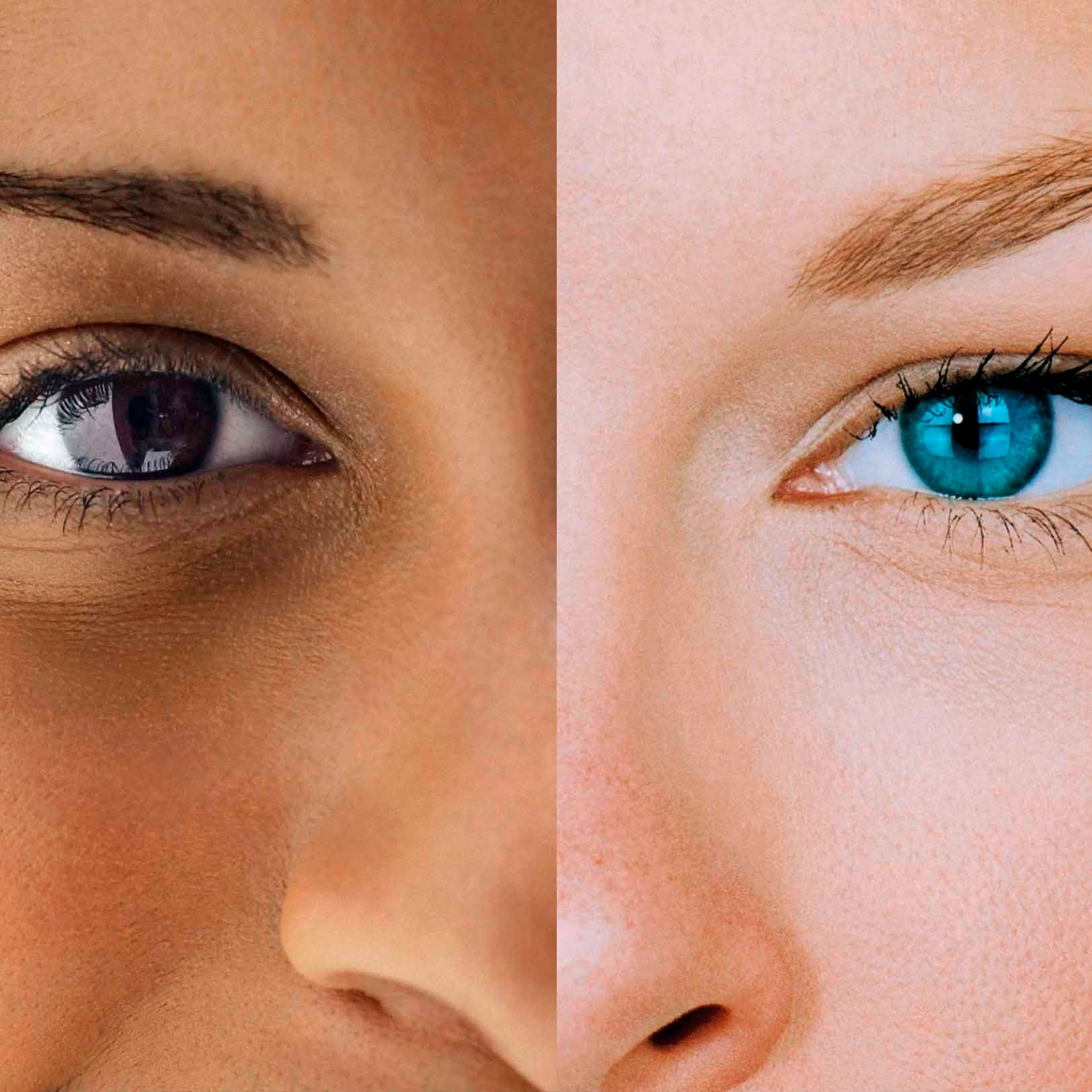
The first of a three-part “Race: Are We So Different?” exhibit explains the origins of race and racism, and helps us understand how to deal with them in productive, enlightening ways.
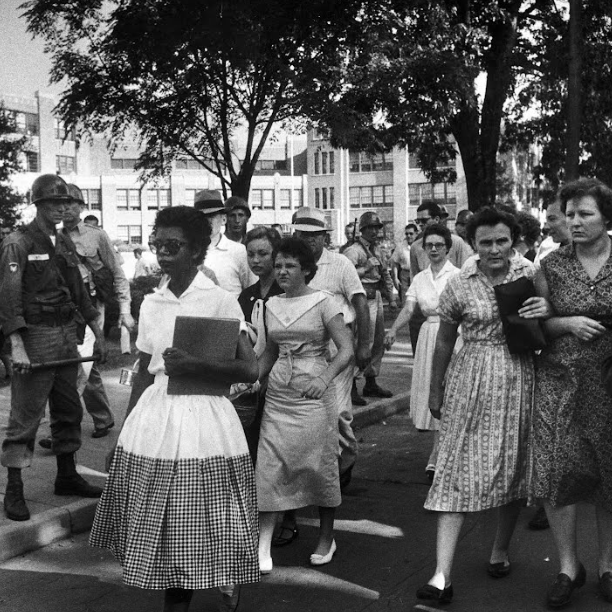
Race: Are We So Different? – Race and Education
Part two of the three-part series, this exhibit looks to understand how racism has been and currently is embedded in institutions such as education and schooling.

Race: Are We So Different? – Social Stratification
Part three of the three-part ‘Race: Are We So Different?’ exhibit aims to highlight how social stratification intersects with race to create significant impacts on how we experience our lives.
Smithsonian Learning Lab
The Smithsonian Learning Lab is a free, interactive platform for accessing millions of authentic digital resources, creating content with online tools, and sharing in the Smithsonian's expansive community of knowledge and learning.
Delve into the digital collections created by Smithsonian Affiliate Digital Learning and Engagement Interns at the Museum of Us. Digital collections are intended to serve as a resource for both personal and curriculum development.
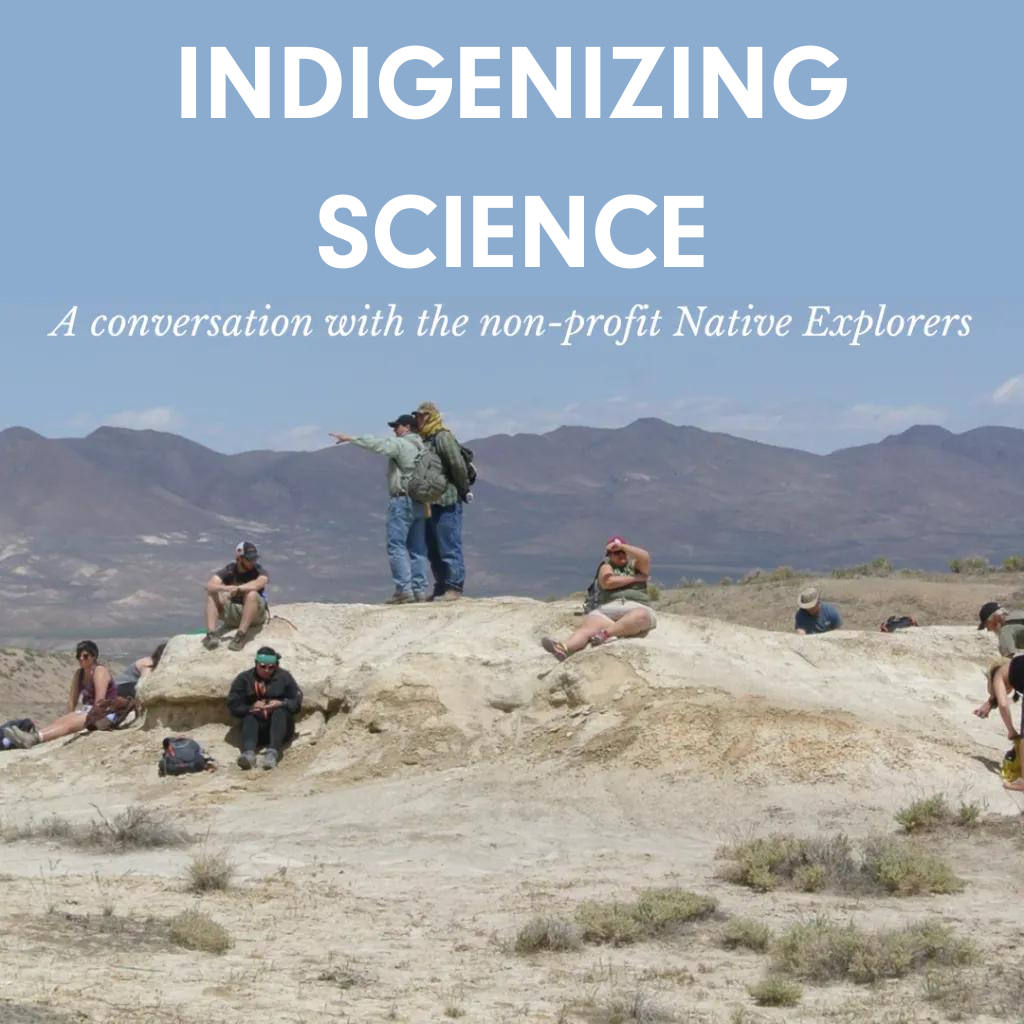
Indigenizing Science: Exploring with Native Explorers
By Shahad Salman
This collection focuses on what Indigenizing science means and looks like through highlighting the “Native Explorers” program. Learn why the integration of culture, and specifically Indigenous culture and ways of knowing, into science curriculum is essential to cultivate more comprehensive and truthful science education.
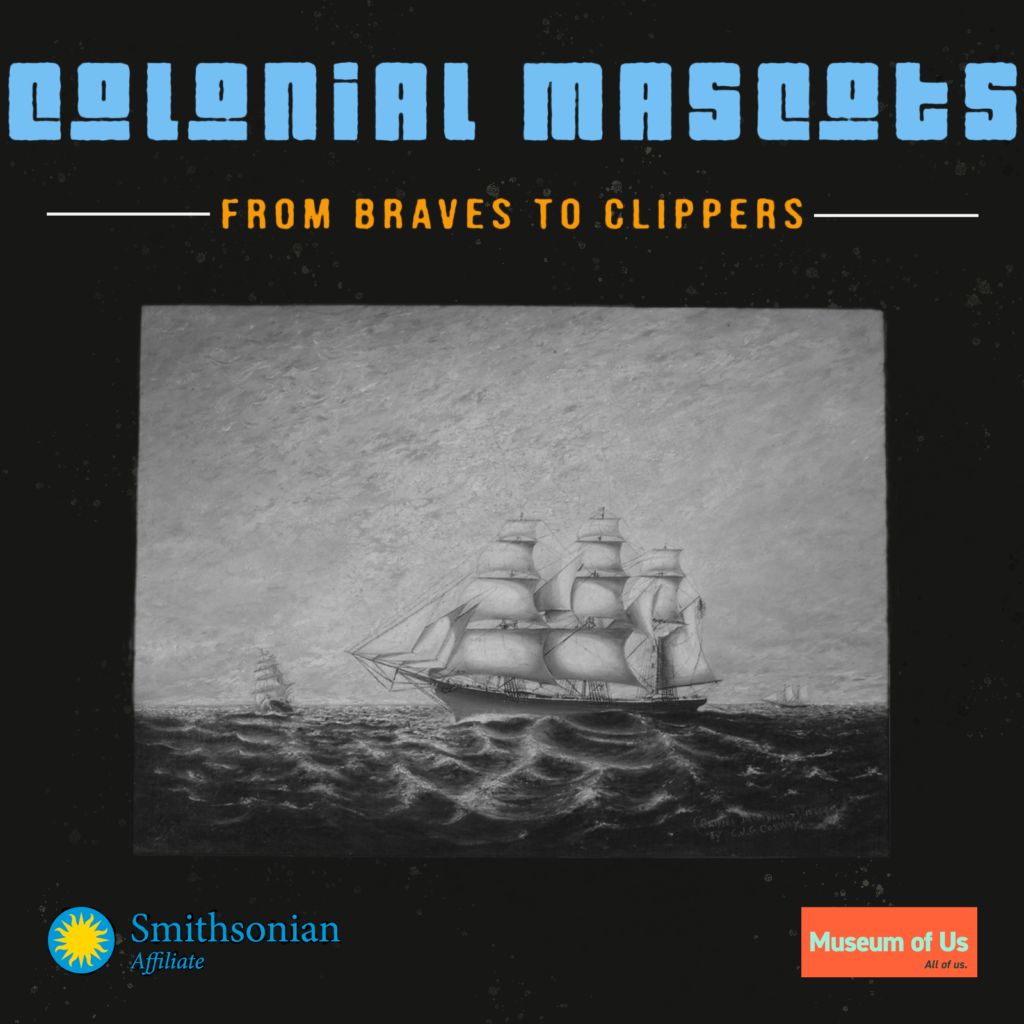
Colonial Mascots: From Braves to Clippers
This collection examines colonial legacies and processes through the lens of a professional men’s basketball team, the Los Angeles Clippers. Interact with the images, questions, and videos embedded in this exhibit to learn more about what it means to “be a Clipper.”
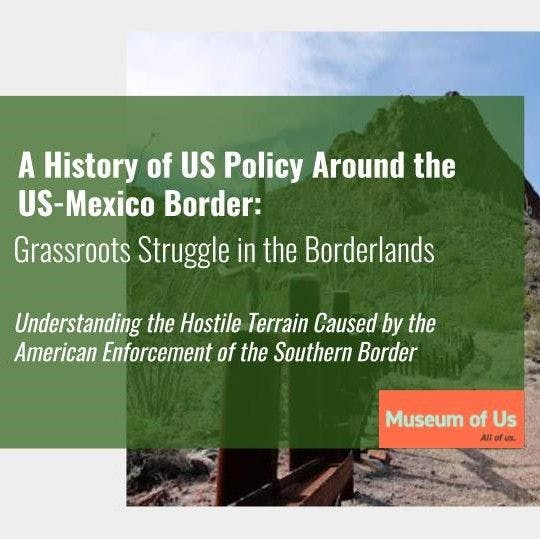
The Hostile Terrain Caused by the American Enforcement of the Southern Border
(English) | (Español)
By Laura Rosado
This collection includes an educational timeline on contemporary policies and relations at the United States-Mexico border, collectives and organizations that facilitate the grassroots resistance that developed in border towns, and pedagogical strategies for educators teaching about the border.
PostSecret.com
Check out the online blog that inspired the exhibit! Visit PostSecret.com for fresh secrets uploaded every Sunday by PostSecret founder Frank Warren. Viewer discretion is advised.
Virtual Programs
Reclaiming Wellness: Our Connection to Land, Tradition, and Art
Reclaiming Wellness is the first, virtual series of CONVERSATIONS that unpacks and breaks down the complexities and assumptions surrounding diverse methods of expression and engagement, and its influence on our health.
Join us as we move beyond the dominant cultural narrative to explore our connection to land, tradition, and art — and how it personally and communally impacts all of us.
CONVERSATIONS is a public programming initiative by the Museum of Us that brings topics from across the span of human cultures into community conversations for a shared understanding of the full human experience.
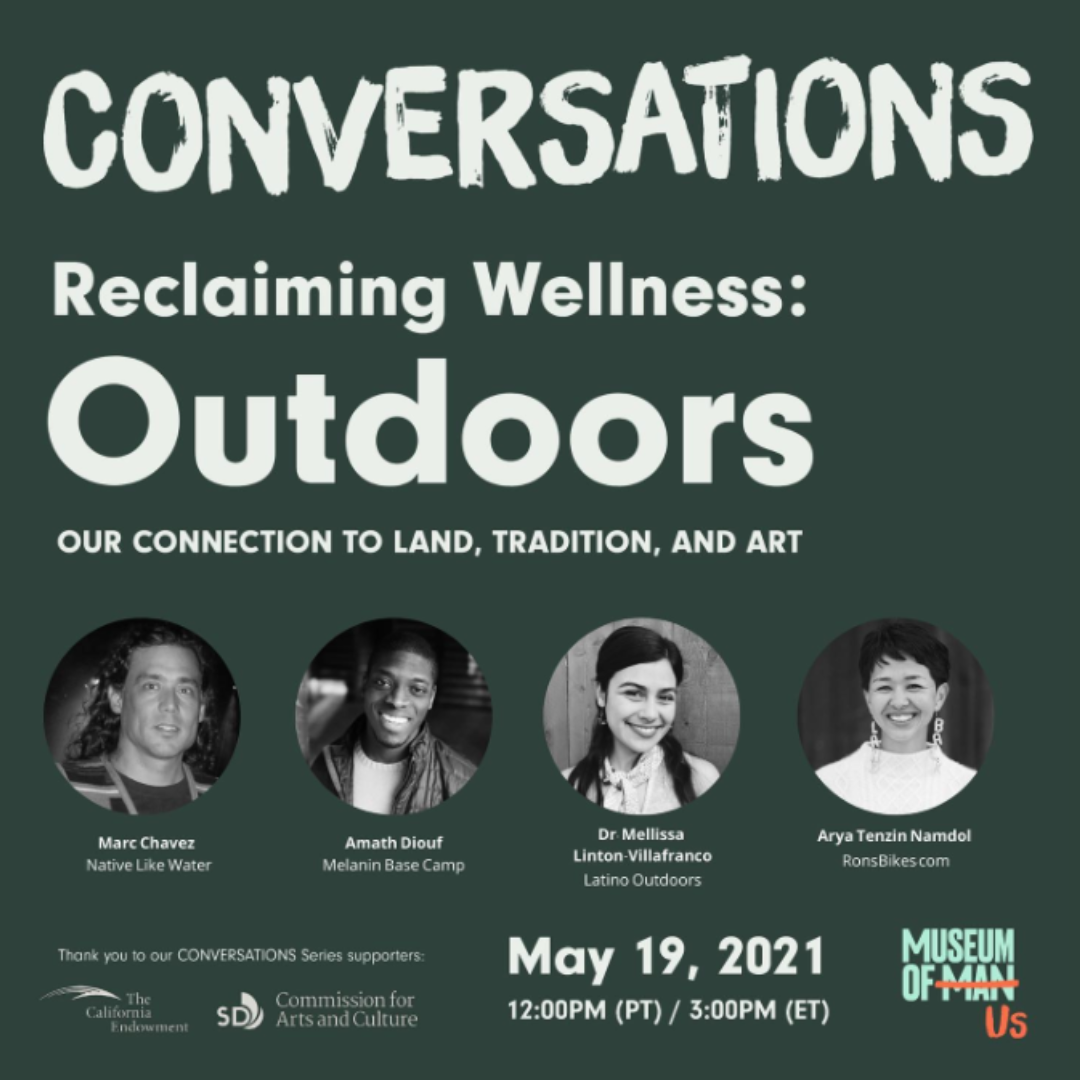
Reclaiming Wellness: Outdoors
Feat. Marc Chavez, Dr. Mellissa Linton-Villafranco, Amath Diouf, and Arya Tenzin Namdol
A conversation on the joys and struggles QTBIPOC communities face in the outdoors. Panelists active within adventure sports and outdoor programming discuss the intersections of race, gender, and other structural oppressions and their effects on our relationships with nature and land.
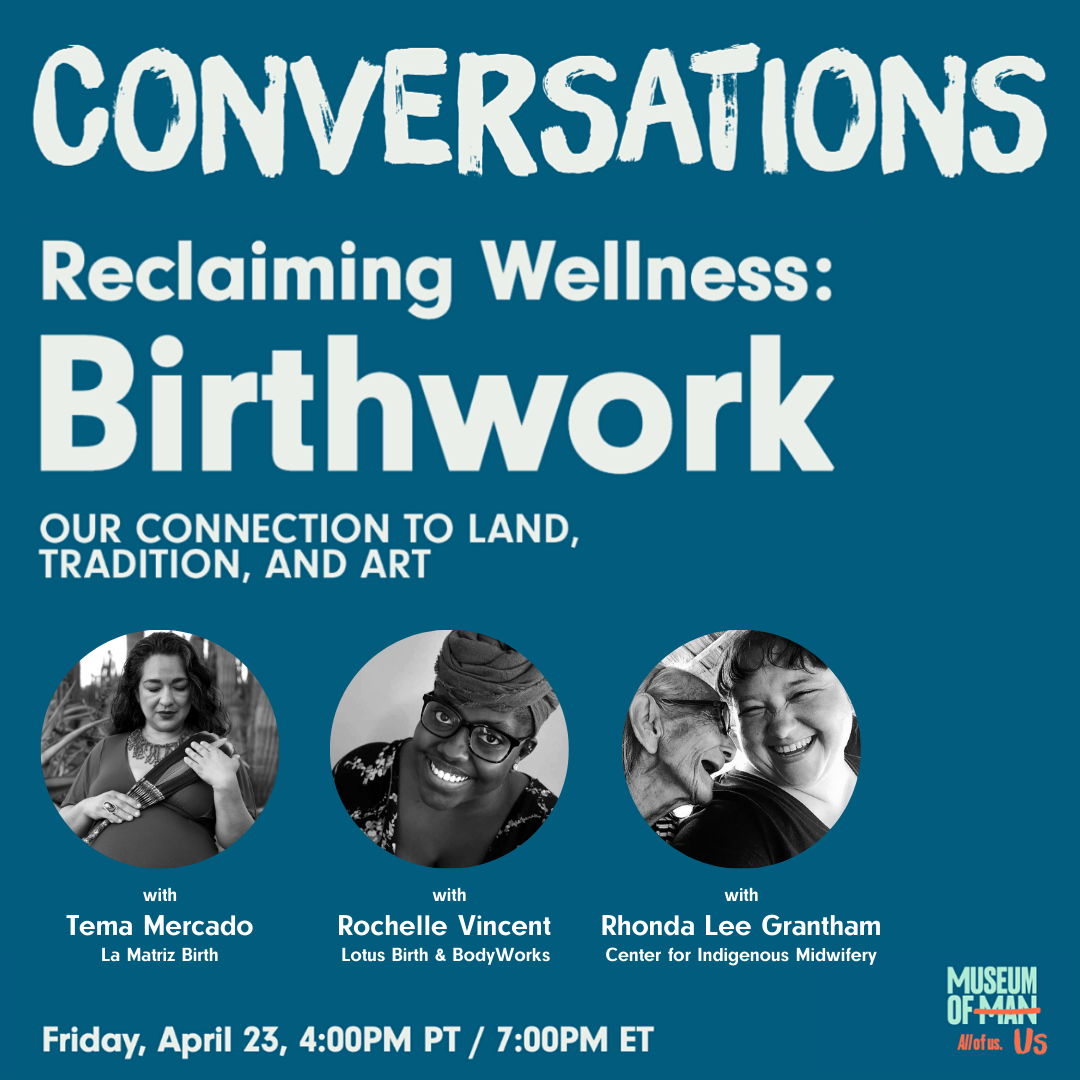
Reclaiming Wellness: Birthwork
Feat. Rochelle Vincent, Tema Mercado, and Rhonda Lee Grantham
A conversation with holistic birth-care panelists about the process of birthing beyond hospital walls. Panelists converse about the ways community-centered practices and pathways prioritize the integral wellness of child-bearers, children, and community.
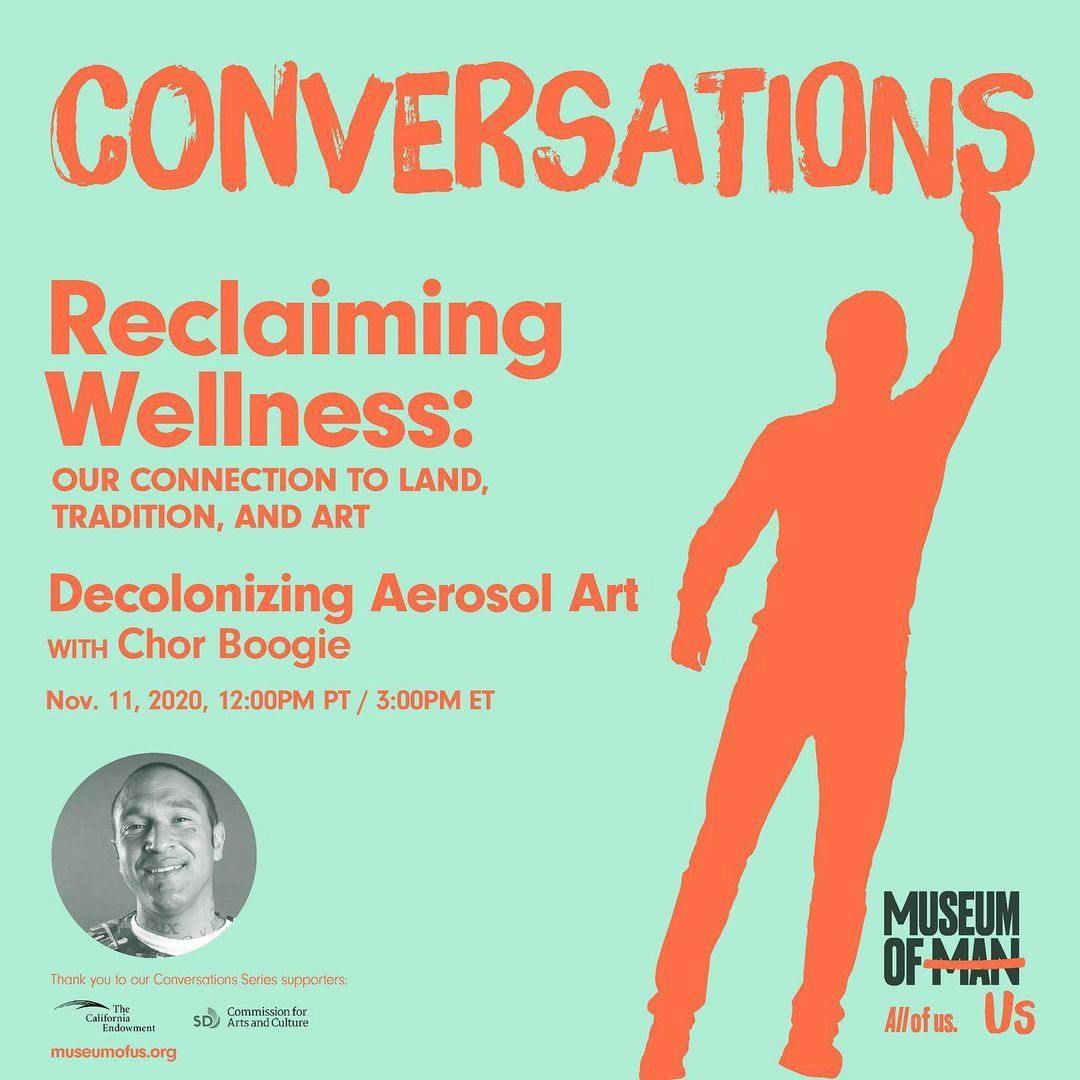
Decolonizing Aerosol Art
Feat. Chor Boogie
An educational campaign that raises awareness about the true cultural roots of aerosol art or “Style Writing” in America, which first evolved in NYC as a form of resistance to oppression and coded communication within marginalized communities of color.
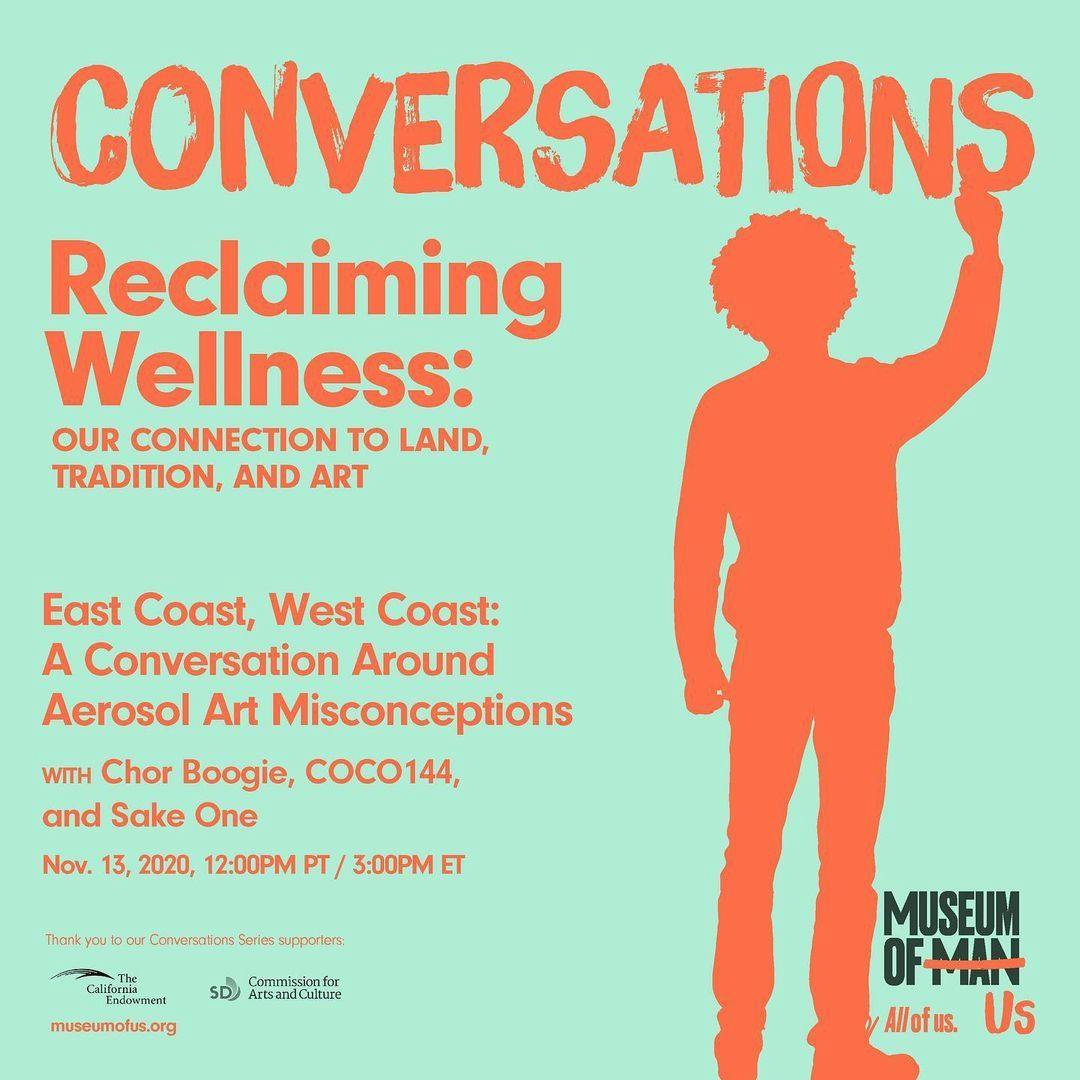
East Coast, West Coast: A Conversation Around Aerosol Art Misconceptions
Feat. COCO144 (NYC), Sake One (SD), and Chor Boogie (SF)
A conversation between aerosol artists from different corners of the United States, who share the same love, respect, and connection to aerosol art. Artists discuss some of the myths and misconceptions that surround aerosol, and how they navigate the field.
Thank you to our “CONVERSATIONS” series supporters:

Looking for more virtual programs and videos? Vist our YouTube page for exclusive Museum of Us content!
Virtual Resources
Museum of Us Blog
Stay up-to-date with the Museum of Us by visiting our blog and subscribing to our mailing list! You’ll be the first to know about exciting updates, interesting resources, behind-the-scenes content, and more.
Reporting Hate Incidents & Crimes
California vs Hate is a non-emergency hate incident and hate crime reporting system to support individuals and communities targeted for hate. All victims and witnesses of hate incidents and hate crimes can report and are eligible for free hotline support services. California vs Hate is not affiliated with law enforcement, and reports can remain anonymous. Find resources and links to report incidents online now.
UnderstandingRace.com
Learn how prevailing ideas in science, government, and culture intersected throughout history to shape our concept of race today on UnderstandingRace.com.
Whose land do you reside on?
Search an interactive map to learn about the Indigenous land you reside on, and learn more about territory acknowledgments with Native Land Digital.
The Museum of Us recognizes that it sits on the unceded ancestral homeland of the Kumeyaay Nation. The Museum extends its respect and gratitude to the Kumeyaay peoples who have lived here for millennia.
The Museum is open daily, Monday through Sunday, from 10 a.m. to 5 p.m.
1350 El Prado, San Diego, CA 92101
